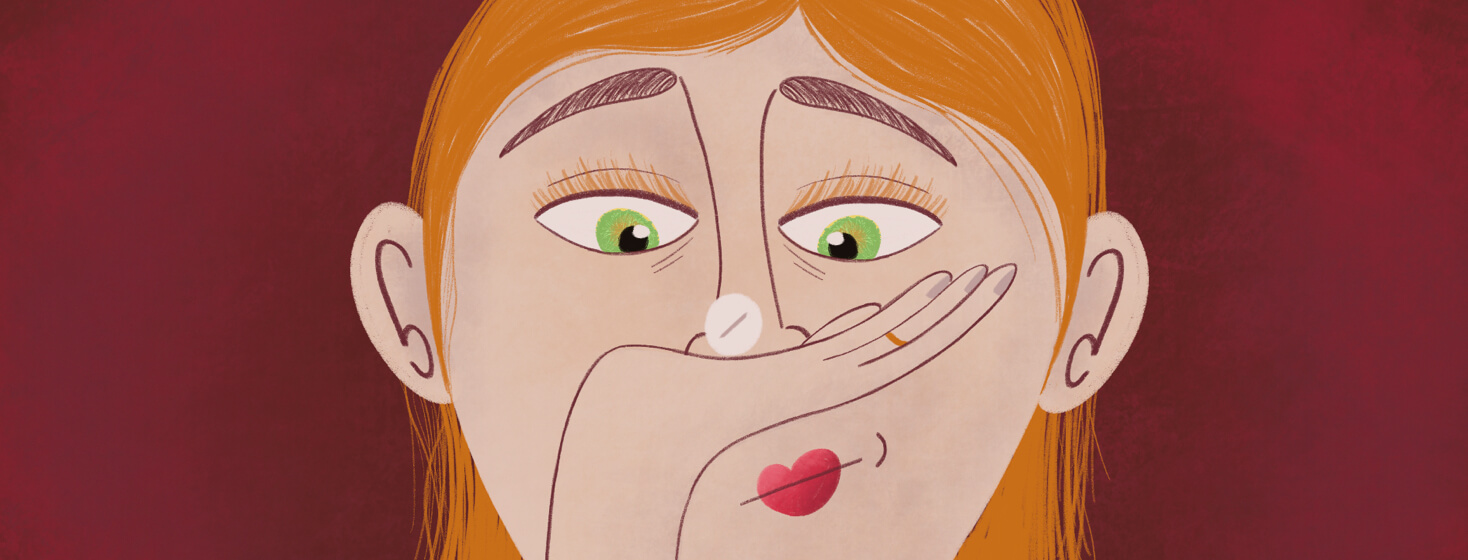The Role of Melatonin in Sleep and Insomnia
Despite its popularity in countries where it can be bought over the counter, melatonin is not recommended as a treatment for insomnia compared to no medication.1
It's also not suggested as part of the treatment of chronic insomnia at all when considering all treatments, including the "gold standard" of cognitive behavioural therapy for insomnia.2
What is melatonin?
Melatonin is a hormone that plays many vital roles in our body, including being part of the sleep initiation process. It is one of many chemicals that helps to regulate our sleep rhythm, which is on the same 24- to 25-hour circadian cycle that many of our biological systems share.
What does melatonin do?
There are certain parts of the day when we want to be awake and want our kidneys functioning in "daytime hours." And there are parts of the day when we'd like to sleep and have our kidneys sleeping too, so we don't have to get up too much in the night.
When these systems operate well and aren't interfered with, we will both sleep and stop having the urge to get up to use the bathroom at night. Melatonin is one of the messengers that sends signals and impacts all these systems that operate in a cycle across the day.
The role of light and darkness
These "circadian" biological-clock influenced systems are complex and intertwined – and they are strongly influenced by light. In mammals that sleep at night, and in zebrafish, the "sleep time signals" are triggered by darkness.3
Curiously, melatonin is also produced only during darkness in mammals that sleep during the day also – it simply plays a different role for them. It may not be involved in sleep at all, or it could be a signal for wakefulness.4
Melatonin and sleep
There is a lot we do not know about sleep and melatonin's functional role, but it's really important to remember that it plays a part in sleep (and all nighttime biological activity) TIMING – but doesn't create sleep or make it happen.
This is why it's not really a "sleep aid" per se – it can help jump-start the nighttime signals but aside from a possible powerful placebo effect causing a lowering of our arousal system ("ahhhh the melatonin will help me sleep so I can stop struggling!" – it can't cure insomnia.
This is because insomnia is not a melatonin deficiency problem for the vast majority of otherwise healthy people. Insomnia is an arousal problem.5
Arousal and the 'fight or flight' response
It would not have been helpful for us as a species to have melatonin, sleep drive, the circadian system, or any other part of the sleep system in charge when a bear comes into the cave where we've camped for the night, right? Arousal will always override these systems to create safety with the "fight or flight" system.
With chronic insomnia, that "fight or flight" energy runs high because of the fear of not sleeping – it literally becomes pointed at sleep, ironically deepening the sleeping problem.
I will be writing more about melatonin and what the research says about using it for shorter-term sleeping difficulties.
Have you ever used melatonin to help with your sleep? Do you still have sleeping difficulties? Please share your experiences with our community!

Join the conversation